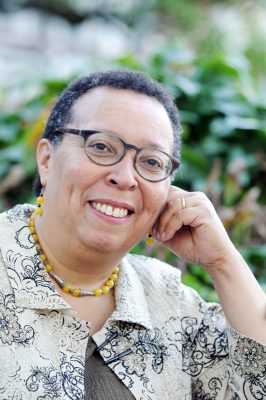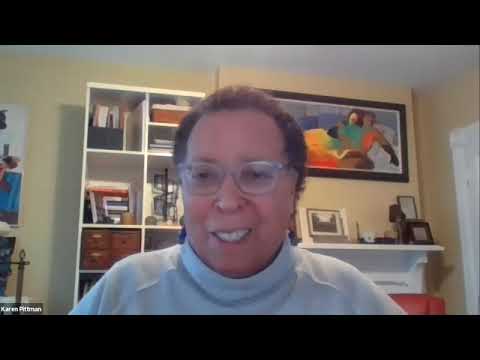 By Bryan Joffe |
By Bryan Joffe |
Karen Pittman, president and CEO of the Forum for Youth Investment and a national expert on youth development, will present Build Forward Together – Upending Inequities at AASA’s National Conference on Education. Her session begins at 11 a.m. ET on Friday, Feb. 19.
What follows is an abbreviated version of an interview with Pittman conducted by Bryan Joffe, AASA’s director of education and youth development, in late January.
Bryan Joffe: We have been through quite the year in 2020-2021 but I think there are some lessons and innovations that this year can offer us. We often hear leaders say that we don’t want to go back to “normal.” What will it take to ensure we don’t return to schooling and learning as they used to be, but to something better?
Karen Pittman: Take the small example of parent-teacher conferences. Well, those can't happen in-person, so, now, are happening on Zoom. Why were we ever asking parents to take time off from work to come to sit in the school building to talk to the teacher for 15 minutes when we just could have done it on a Zoom call? It's really important for us to see these changes and innovations not as things that we did to accommodate the pandemic, but as things that really challenge the way we do business as usual. There are a host of issues: We weren't equitable enough and we weren't as effective as we could be. I've got confidence in real change happening as long as we've got organizations, like AASA, collecting those stories and using them to let others know that innovation did happen in the middle of this disruption.
Where Build Forward Together comes in is highlighting that this disruption also happened simultaneously with families and community organizations. Just as we're looking for those ideas about where innovation happened inside schools, we shouldn't assume that families and community organizations should go back to the ‘normal’ way they connected with schools. We should also be looking to the wealth of learning opportunities and experiences of these partner organizations and valuing, in a renewed way, all of the different places learning happens.
Joffe: What role does Summer 2021 play?
Pittman: Traditionally, nobody's accountable for summer. Nobody pays attention to the data in summer. This is an opportunity for us to do things differently. From an equity perspective, can we actually use this moment to figure out how ready we are and how willing we are to take things that worked and make them stick? We need honest data and need to know what kids want, what families want and we need to understand what makes programming accessible; what makes it affordable; what makes it attractive to them; what makes it appropriate for them so that they can be ready to be successful in 2021-22.
Joffe: What do you hope school leaders will be able to take away from your AASA conference session on Feb. 19?
Pittman: We’re excited to have leaders from Tulsa Public Schools and The Opportunity Project in Tulsa to share how they’ve been working together differently and particularly how they’re thinking about using summer as an opportunity to springboard piloting some of the things that they've learned and carrying them forward. This is a school district that's committed to not just building back better, but to being in a very different place three years from now. What are the lessons learned from what we’re seeing and hearing so that we can change our plans and actions for the better?
A few video excerpts from the interview between Pittman and Joffe:
- What is it going to take to ensure we don’t return to school and learning as they used to be?
- When we think about build forward together how can we understand the role partners play?
- What role does summer play in build forward together?
(Bryan Joffe is an administrator in the AASA children’s programs department.)


